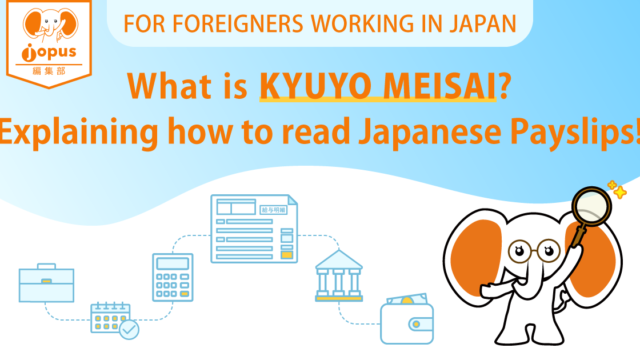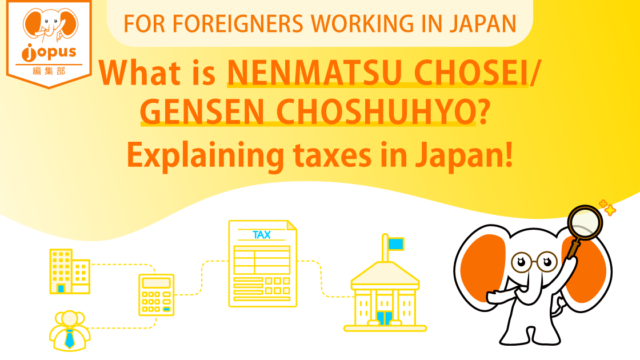As hiring foreign talent at companies in Japan is currently on the rise, we ask what it’s really like working in Japan. Also, we try to find out more about anxieties regarding job hunting and improving you career prospects.
Here Tomomi Hanyu from Career Fly, a company that helps women from overseas get jobs in Japan, asks Do Thi Thuy, a new graduate who has been working at Goalist since April 2019, about working in Japan.
Tomomi Hanyu (Career Fly)
 “Making great strides with foreign national talent”
“Making great strides with foreign national talent”
Majored in Spanish at Tokyo University of Foreign Studies. Started working at CDC after graduating. Worked as a career consultant specializing in IT engineer positions. In the first year of her career, won the Best Matching Award and received a lot of attention as a professional consultant. Joined Career Fly in 2018. She now works as a full-time IT personnel matching specialist.
Do Thi Thuy (Goalist)
 Born in Vietnam. She came to Japan for the first time when she was 18 and graduated from a Japanese language school and a Japanese university. During college, she actively studied and got experience doing corporate internships. She got interested in supporting employment of foreign nationals while experiencing job hunting in Japan. She was an intern at Goalist from Fall, 2018, and joined full time after graduating in April, 2019. Currently working as a career consultant in charge of Vietnamese nationals.
Born in Vietnam. She came to Japan for the first time when she was 18 and graduated from a Japanese language school and a Japanese university. During college, she actively studied and got experience doing corporate internships. She got interested in supporting employment of foreign nationals while experiencing job hunting in Japan. She was an intern at Goalist from Fall, 2018, and joined full time after graduating in April, 2019. Currently working as a career consultant in charge of Vietnamese nationals.
Studying in Japan expanded my opportunities
Tomomi Hanyu (TH) (Career Fly): It is very obvious that your Japanese is very good, how long have you been in Japan?
Do Thi Thuy (DTH) (Goalist): Thank you very much. Everyone asks me how many years I’ve been in Japan, haha. I came here when I was 18 and my first two years were at a Japanese language school and then I went to university and graduated, so this is now my 7th year here – so quite long!
TH: Did you have other options besides studying in Japan?
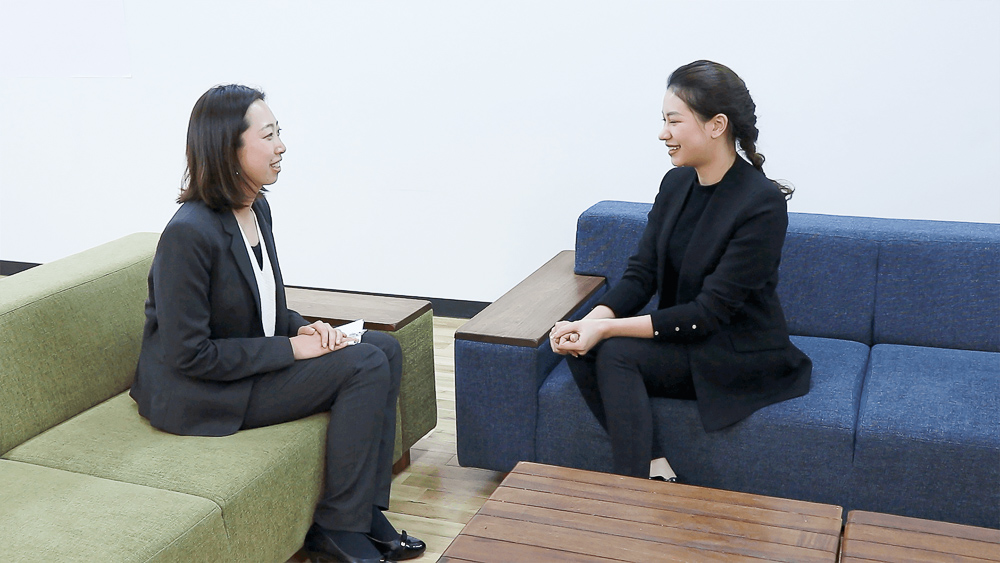
DTT: No I didn’t. If I had stayed in Vietnam at that time, I would have ended up never leaving the country, but I wanted to see and experience the world. In Vietnam, the only jobs available to me would have been menial labor roles, so to expand my possibilities I realized I would have to go and study in another country.
TH: Did you consider any other countries besides Japan?
DTT: It was a toss-up between Japan and Australia. My parents had some friends in Australia, but I felt I wanted to go somewhere where I didn’t know anyone to boost my independence and confidence, and I thought that the environment in Japan was similar to Vietnam, so I chose Japan.
For overseas students, job hunting in Japan is full of obstacles and puzzles!
TH: Was learning Japanese difficult?
DTT: Yeah, it was difficult, especially when I first entered Japanese school. When I first started, the only Japanese I knew was basic greetings, but the teacher was full on speaking Japanese non-stop throughout the classes, and that was really tough work! I also found it difficult to hold full conversations in Japanese at that time for some reason. Everyday natural conversational Japanese seemed really different to what I was learning in the grammar classes, but through texting with friends on LINE and talking with Japanese people in person, I gradually improved my understanding.
TH: But you managed to go through the job hunting process?
DTT: Yes, it was incredibly hard to be honest. To start with, the system of finding a job in Vietnam is rarely as systematized as it is in Japan, so at the start I didn’t know the best way of looking for a job.
After the selection process started, I had screening tests and interviews at least 3 or 4 times, going through the exact same procedure as Japanese natives. That was hard! Through experiencing this first hand, I wished that the job hunting process could be a bit smoother, so this is why I started working helping Vietnamese nationals through the job hunting process here!
TH: What kind of advice would you give to people who are studying Japanese?
DTT: You really have to work your hardest and keep at it. Try not to give up, haha! Some people come to Japan to study but end up spending a lot of time working part time and not focusing on their studies. If you really work hard on studying Japanese, you will end up opening more doors for your future.
Starting work at Goalist
TH: How did you start working at Goalist?
DTT: A friend at my previous job introduced Goalist to me. Up until then, I was working at a completely different company, not helping overseas nationalities get jobs, but hearing about the company I thought, “yeah, that’s something I’d like to do”, so I got in touch with them. I started working as an intern for half a year, and finally in April I got a full-time position!
TH: Was working at Goalist different from what you anticipated?
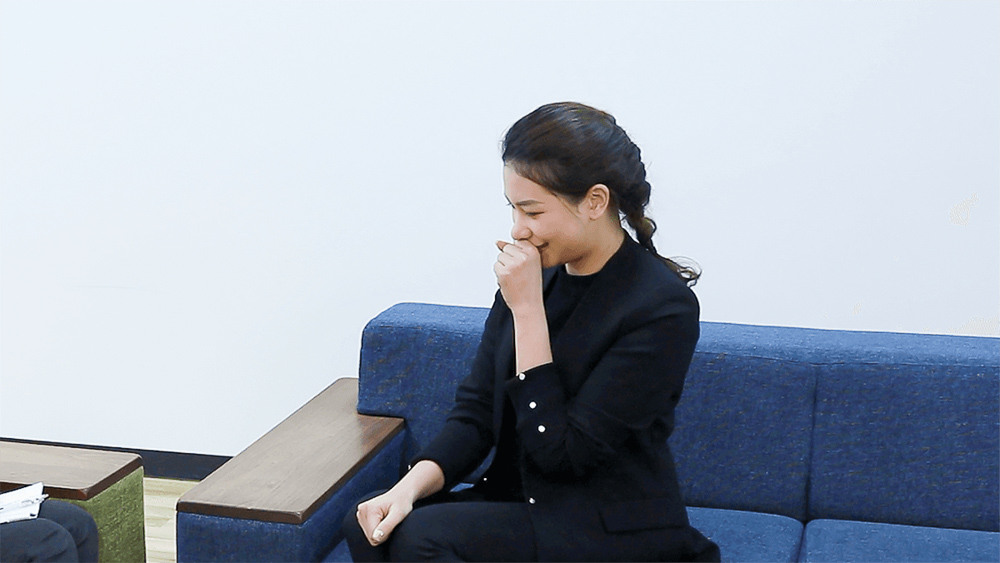
DTT: No, not really. But the Japanese way of working was a bit of an eye-opener for me. There are a lot of people that really work hard! In Vietnam, you start work and go home at set times. Even if you still have a lot of work to do, you just leave when it’s time to go home!
But, in Japan, especially at Goalist, everyone finishes what they have to do thoroughly before they leave. It’s pretty amazing to be honest. I really enjoy what I’m doing, and I’m always looking forward to getting what I have to do tomorrow done too. This work style is really good for me!
Advancing with your career means expanding your horizons
TH: Your career has just begun, where do you see yourself going in the future?
DTT: To start with I want to get used to doing my job the best I can. I want to continue to introduce Vietnamese people to the possibility of studying and getting jobs in Japan. In the future, I have a plan to be a sales rep for a Japanese company. After that, actually I studied marketing at university, and I’d like to try my hand at marketing. My image is that it would expand the breadth of my skills. I also think that I might like to work in other countries too.
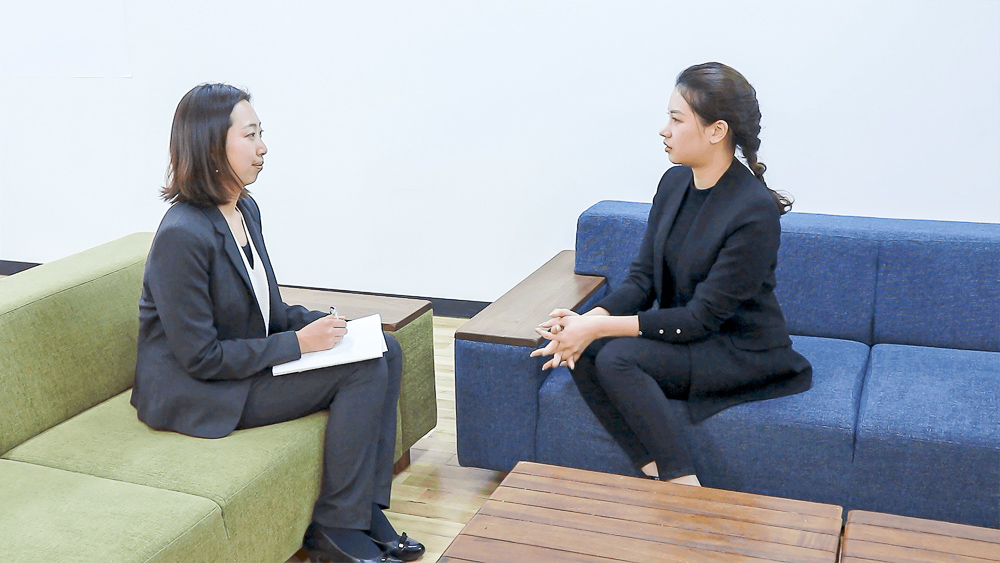
TH: Finally, can you give a few words for people that have an interest in working in Japan?
DTT: Come to Japan! There are lots of kinds of jobs in Japan. A lot of Vietnamese people think the only jobs for them in Japan are translation or interpreter jobs. But this isn’t true, there are jobs at hotels, at restaurants, sales work positions, customer service jobs, admin jobs, construction industry work, there are a lot of different choices. There are lots of jobs that aren’t available in Vietnam, but are in Japan, so don’t think you can’t do it, if you want to try something, please talk to us!
First of all, take that first important step, and come to Japan!
jopus編集部
Latest posts by jopus編集部 (see all)
- 【Osaka】Corporate sales of trading companies - 11/18/2021
- 【Jopus Connecter】Web Engineer Job List - 11/1/2021
- 【October 26】Jopus Connecter version 0.3.5 Release Notes - 10/26/2021


